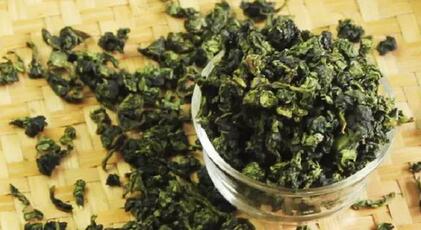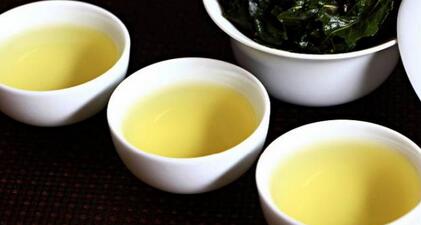Tieguanyin is loved by tea enthusiasts globally, yet some mistakenly believe it harms the stomach. Today, we clarify this misconception by exploring its production techniques: Tieguanyin is not inherently stomach-damaging!

Tieguanyin's processing has evolved subtly, with multiple methods now in use. Its noble lineage aligns with ancient Tea Classic standards: "Purple leaves are superior, green ones secondary."
1. Lightly Fermented Fresh-Aroma Tieguanyin: Popular outside Fujian, this variant resembles green tea in color and properties. Overconsumption may irritate the stomach, similar to green tea.
2. Semi-Fermented Fresh-Aroma Tieguanyin: Known as "original flavor" or competition-grade, this neutral tea is non-irritating and aids weight loss. High demand and strict production criteria (weather, craftsmanship) make it pricier. Its orchid aroma and "Guanyin charm" appeal to connoisseurs.
3. Lightly Roasted Rich-Aroma Tieguanyin: Called "traditional fragrance" or "Yunxiang" type, it emphasizes flavor over aroma. Stable at room temperature, its warming nature soothes the stomach. Aged properly, it gains depth and health benefits.
4. Heavily Roasted Rich-Aroma Tieguanyin: With a fermented or "sauce" aroma, this fully matured tea resembles black tea or aged white tea in stomach-nourishing properties. Aged versions, sometimes blended with honey, are traditionally used for digestive health.

In summary, Tieguanyin’s stomach effects depend on processing: light fermentation (cooling) to full fermentation (warming). Mislabeling it as universally harmful ignores its diverse forms. Choosing wisely—like treating light-fermented types as green tea—ensures enjoyment without discomfort.
As traditional methods revive, high-quality Tieguanyin promises renewed delight for enthusiasts!